What is EPR?
Extended Producer Responsibility (EPR) is an environmental policy.
The responsibilities of PIBO’s [Producer, Importers & Brand-owners] has been extended to retrieve the plastics which they have pumped into the Indian market along with their product, in the form of plastics or plastic packaging.
Our primary goal is to establish an efficient and seamless EPR system that manages the collection, segragation, and transportation of materials to an authorized waste disposal facility with the approval of CPCB.
Salient feature of EPR
- Waste Management Agencies (WMAs), like us, will take charge of the entire process on behalf of the PIBOs.
- PWPs to recycle / incinerate the plastic waste.
- PIBO’s will finance EPR scheme.
- ULBs will facilitate, monitor and certify the transaction.
What is the compliance aspect in it?
- PIBOs and PWPs must register through the CPCB’s online portal.
- CPCB requires every PIBO to submit an EPR action plan containing the type and quantity of plastic waste procured, generated and sold (zone by zone).
- Implementation is carried out through collection, transportation, recycling, co-processing and disposal of equivalent quantity of plastic waste as per the approved EPR plan.
- The plan can be executed through own distribution channel, in partnership with ULBs / Municipalities, through agencies / WMAs or any other method that ensures traceability.
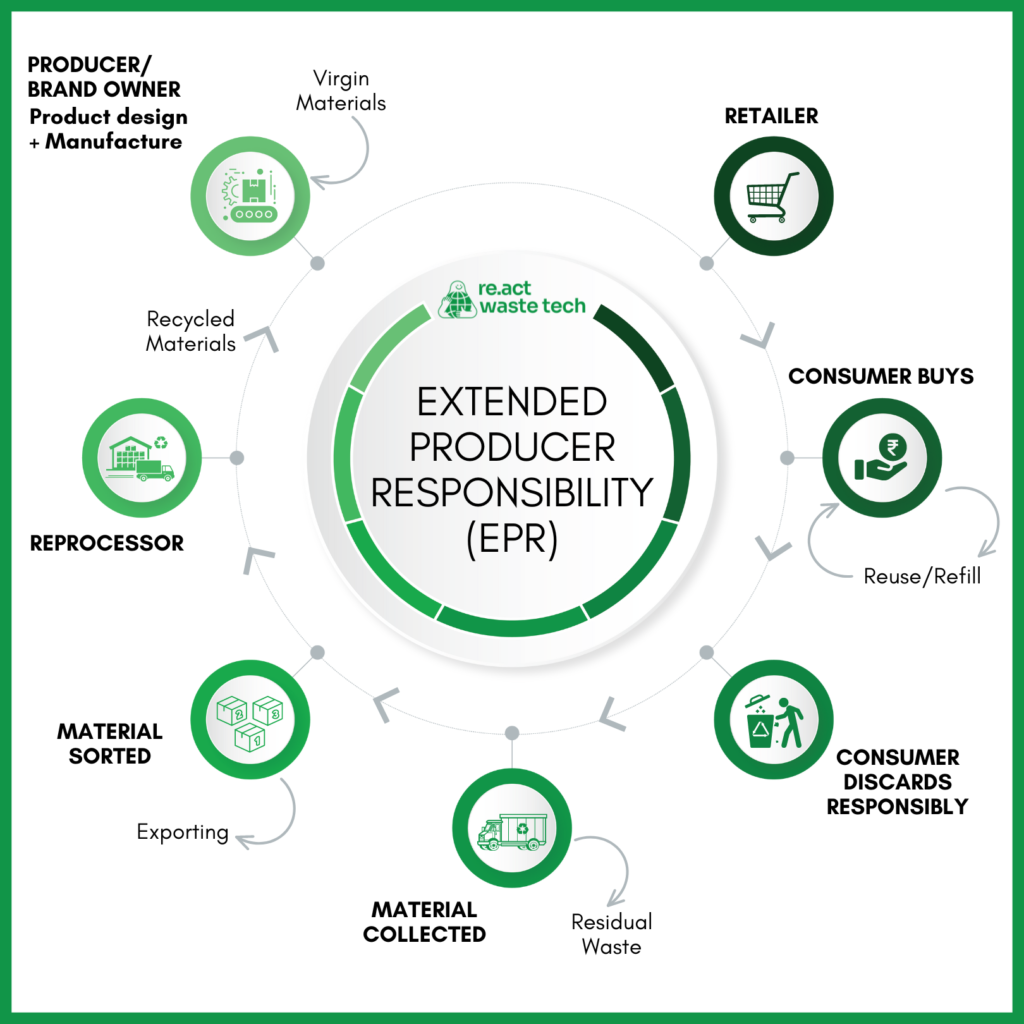
Categories
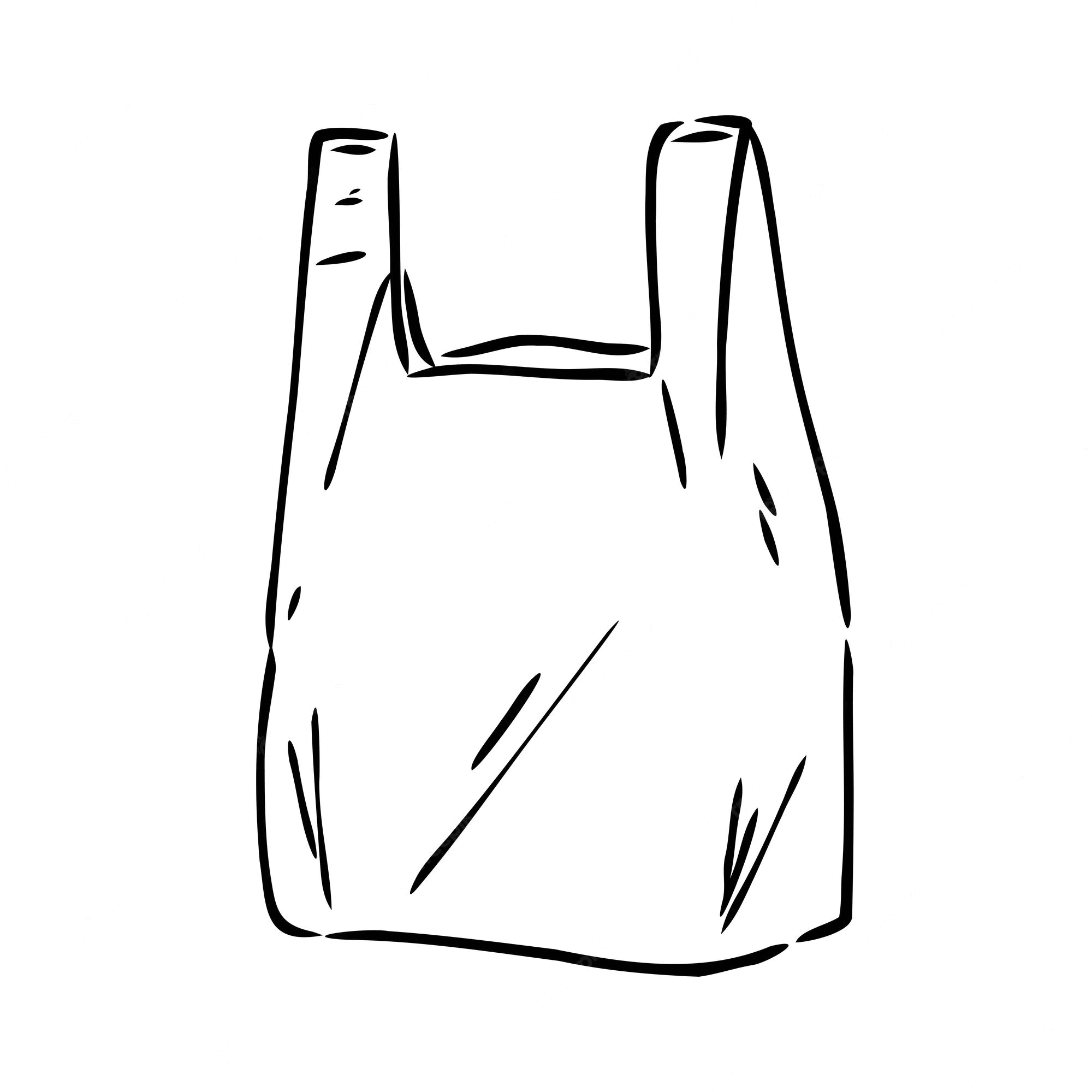
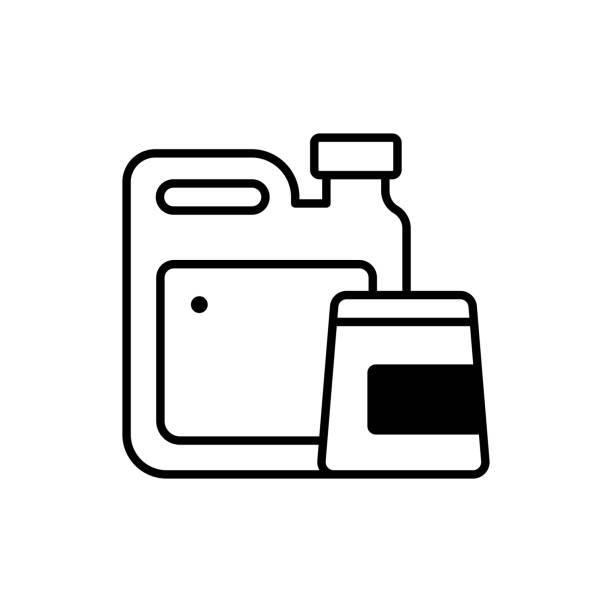
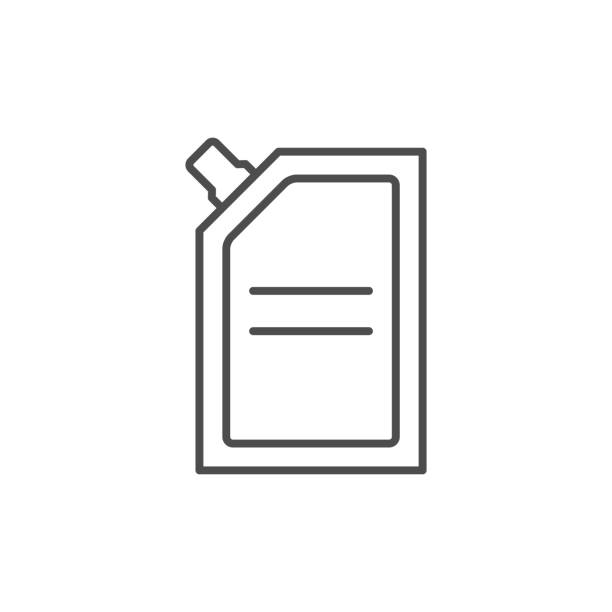
Need to achieve EPR targets?
Contact us and get sustainable solutions to meet EPR targets
- EPR registration
- Proper annual compliance and audit reports
- Complete transparency and traceability of plastic waste collection
- Get priority support & dedicated relationship with the management
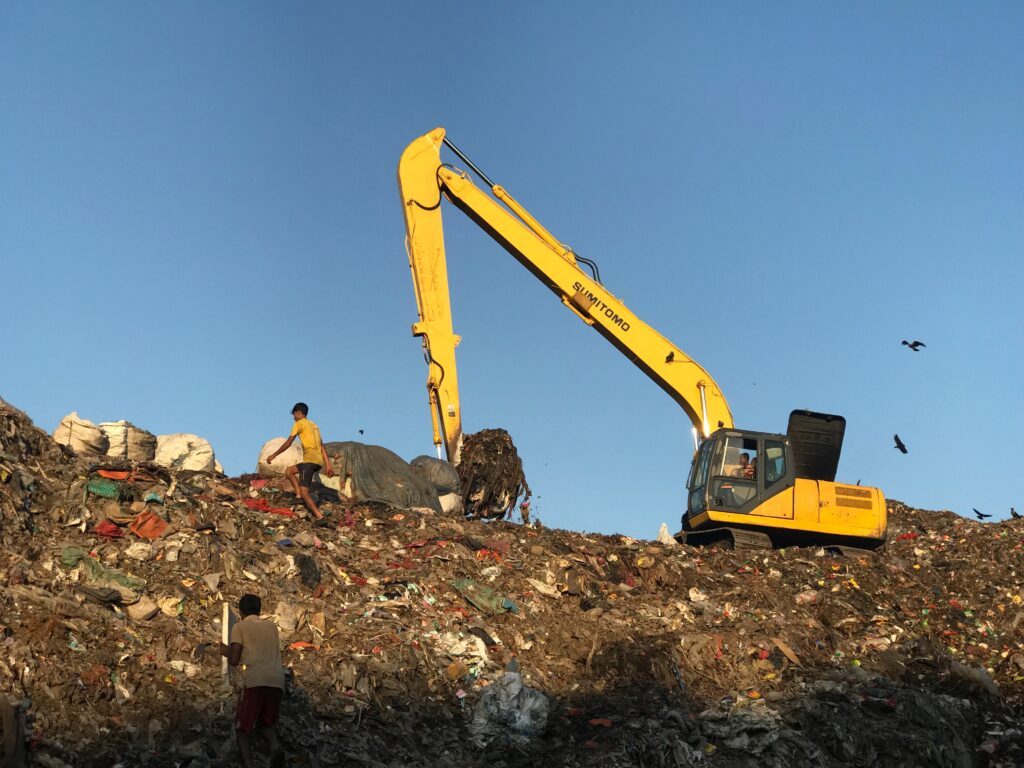
Bringing transparency to the digital age
By following our commitments to plastic waste management, you will be able to achieve your targets and meet your EPR obligations.
State Wise ULB Associations
We provide you access to a network of Urban Local Bodies (ULBs) across 20+ states and UTs in India

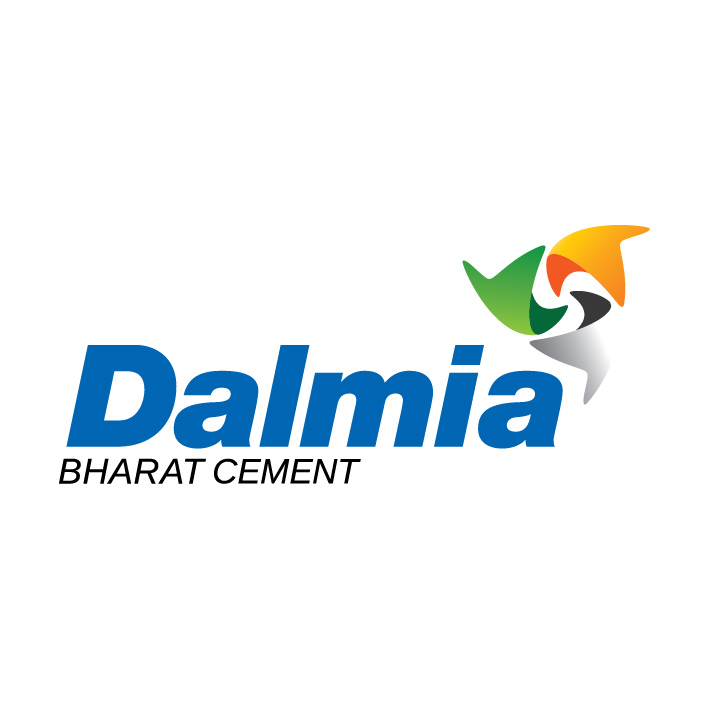








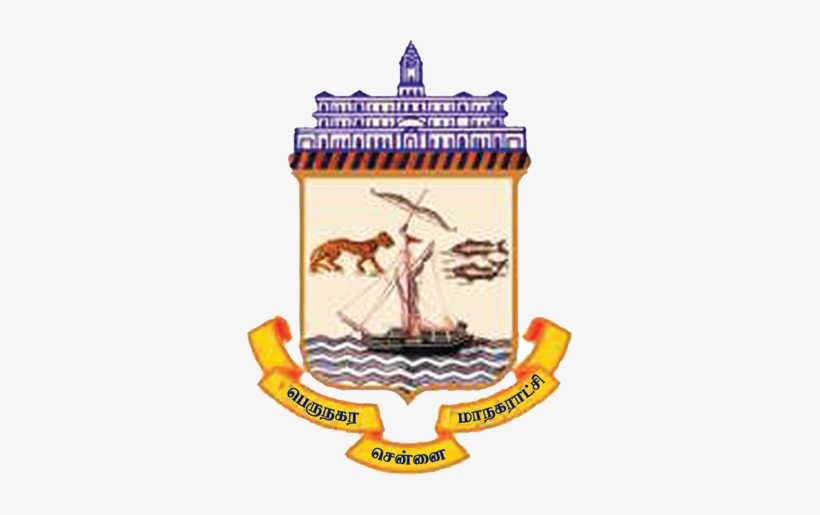
Is that it?
- We specialize in providing EPR services to PIBOs and PWPs for end-to-end solutions.
- In compliance with CPCB regulations, we help you to segregate various types of waste and make an EPR action plan.
- With the help of our own facilities in Assam and Kolkata, as well as our partners, we can help you to execute your EPR.
- We onboard consultants that are best in this field to help us prepare reports that are tailored as per size, nature and location of your business
- Our legal team assists you in quarterly compliance and maintain record of everything.
- We are coming up with a dedicated portal, for uploading of EPR compliance documents and exchange of EPR credits.
- The scheme is moderated to prevent plastic waste mismanagement.
- Registration of EPR allows every PIBOs and PWPs to raise their environmental awareness with the public.
- It increases responsibility to encompass end-of-life treatment of the plastic products.
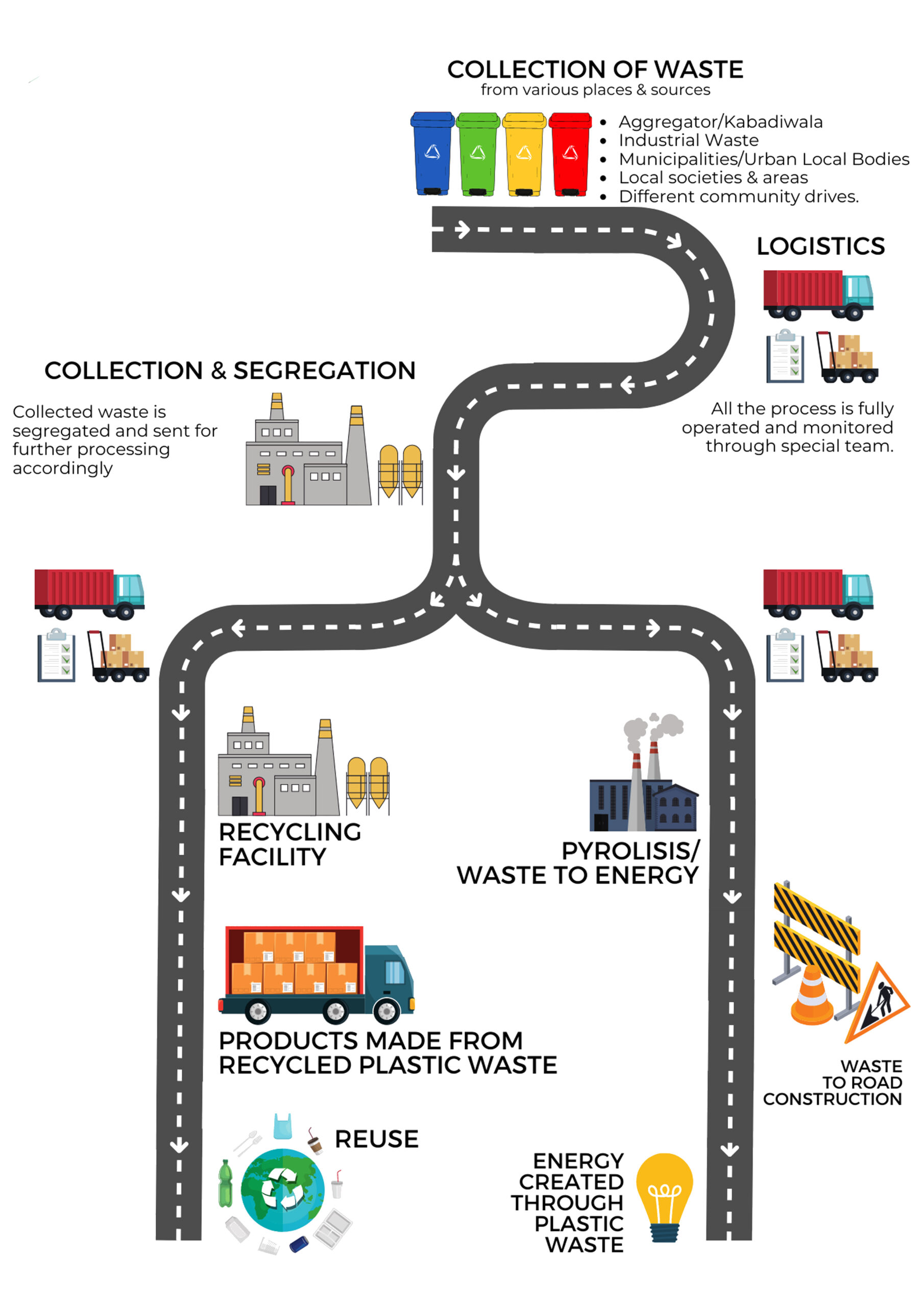

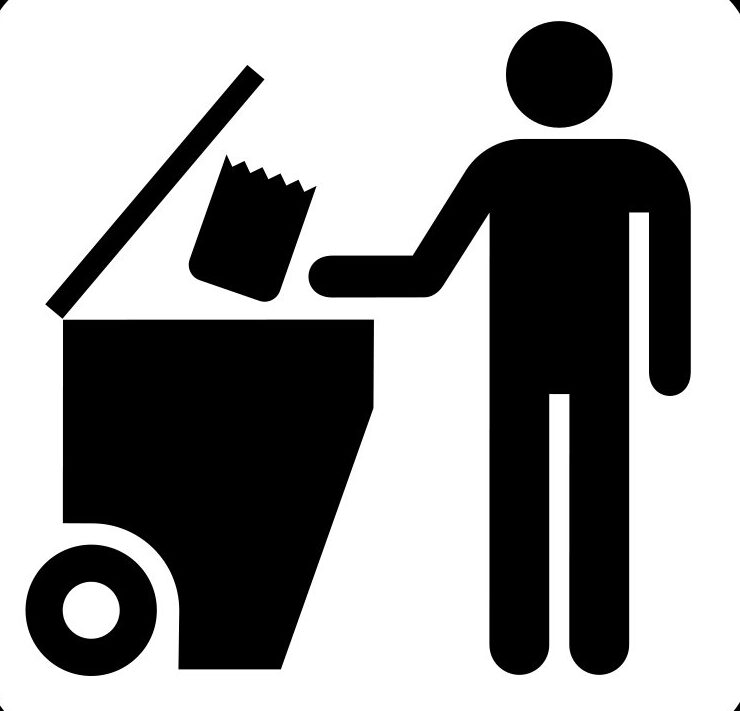


FAQ
Most frequent questions and answers About EPR
In accordance with The Plastic Waste Management Rules, 2016, Extended Producer Responsibility (EPR) is a responsibility given to producers, manufacturers, and importers for environmentally sound disposal/recycling of post-consumer waste
Brands will benefit from EPR in various ways, such as sustainability, revenue generation, and so forth. Creating circular economies through EPR can transform the whole life of any brand or brand that acts on plastic waste.
A MLP packet contains two sheets of plastic enclosing a layer of aluminum, but technically an MLP packet can be any material containing at least one layer of plastic.
“Post-consumer plastic packaging waste” means plastic packaging waste generated by the end-use consumer after the intended use of packaging is completed and is no longer being used for its intended purpose.
